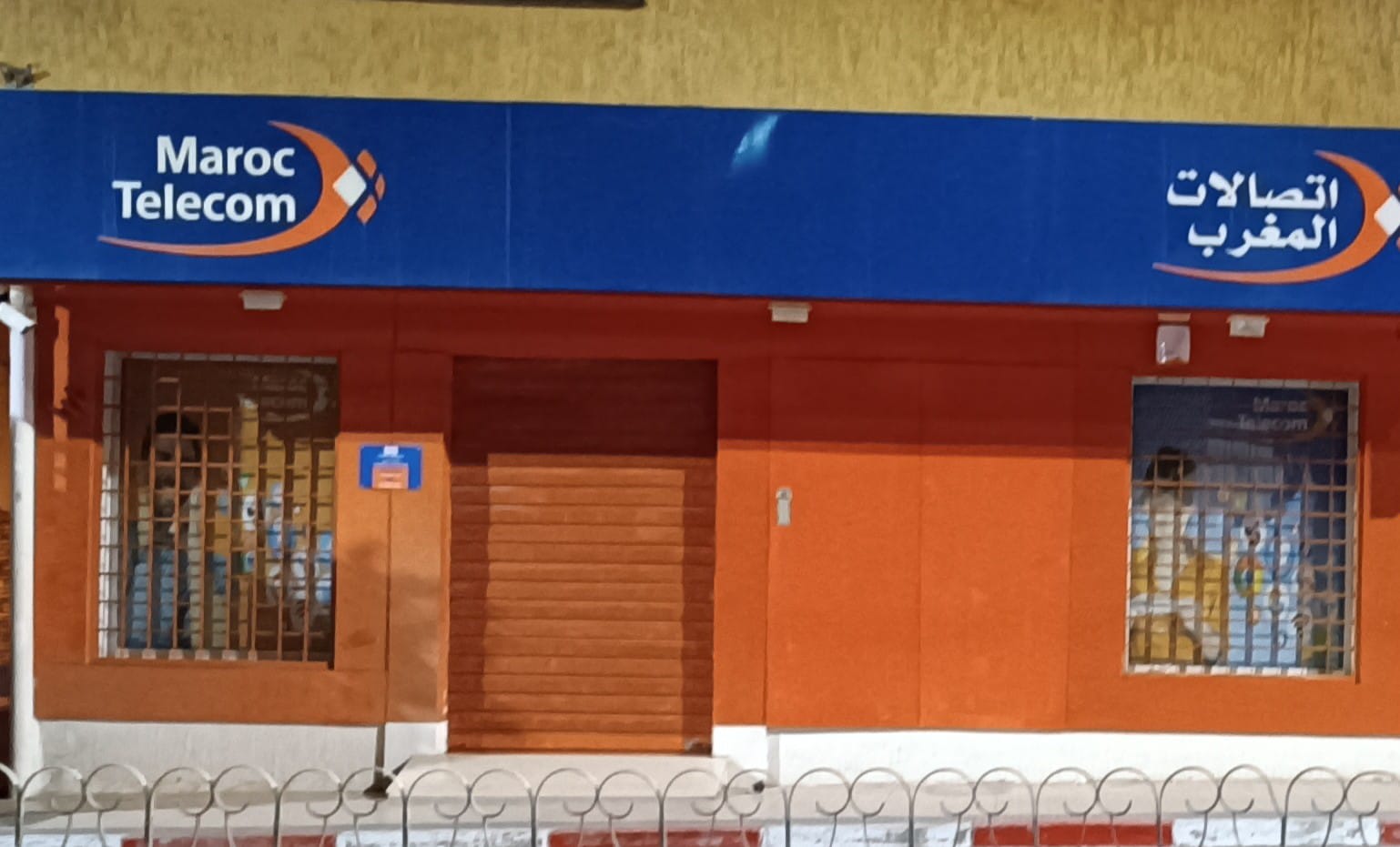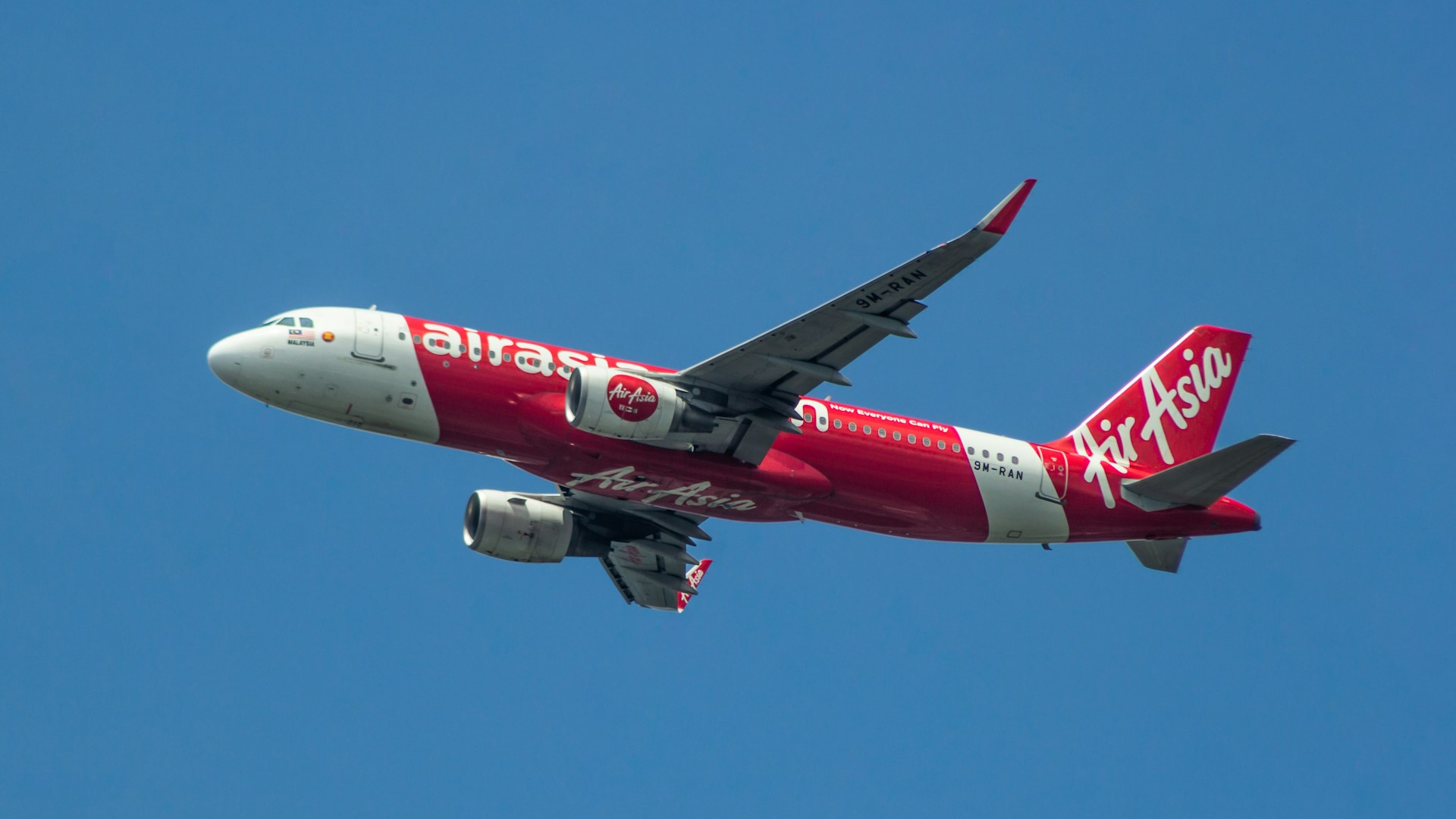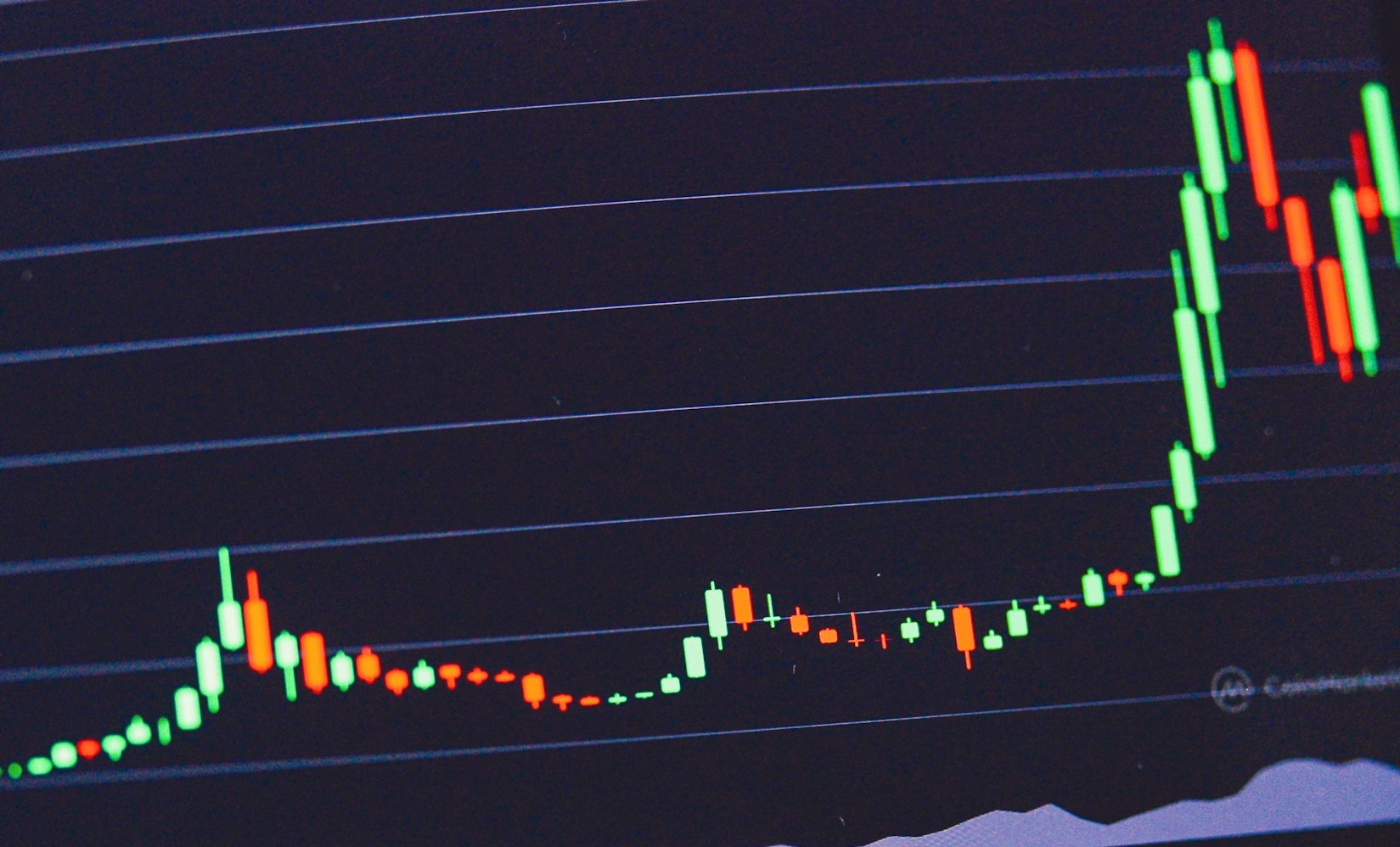Casablanca – The adoption of artificial intelligence (AI) in Morocco is accelerating, driven by a balanced vision between technological sovereignty and global interoperability. With strategic investments by large companies and efforts to integrate SMEs and artisans, the Kingdom is charting its own path towards an inclusive and sustainable digital transition.
A balanced approach between sovereignty and collaboration
At the Global Digital Summit held in Washington on March 18-19, Amal El Fallah Seghrouchni, Minister Delegate for Digital Transition and Administrative Reform, emphasized the importance of a hybrid model for AI development in Morocco. According to her, “States must retain control over their critical infrastructures and sensitive data while participating in an open, collaborative, and secure AI ecosystem.”
Morocco thus aims to combine the benefits of global AI systems with the development of local capabilities. This approach seeks to ensure that artificial intelligence serves everyone in a secure, ethical, and inclusive manner.
Growth driven by large corporations
Major Moroccan groups have already embraced AI, each adopting specific integration models:
- OCP Group utilizes AI-based solutions to optimize natural resource management and supply chains while developing innovations in smart agriculture.
- Attijariwafa Bank and BMCE Bank of Africa leverage AI to automate fraud detection and personalize banking services.
- Maroc Telecom and Inwi invest in optimizing network management and enhancing customer experience through intelligent virtual assistants.
- Royal Air Maroc relies on AI for flight planning, predictive maintenance, and optimizing airport operations.
Strengthening infrastructure for accelerated development
To support this dynamic growth, Morocco has established robust infrastructure. Since 2020, the country has hosted Africa’s largest data center, with a capacity of 3.1 petaflops. Additional data centers are planned to strengthen the storage and computing capacity required for AI applications.
The Kingdom also aims to host a UN center of excellence for AI dedicated to Africa and the Arab world. These advancements have enabled Morocco to climb 11 places in the 2024 Global Digitalization Index, demonstrating its commitment to digital transformation.
Broadening adoption: Integrating SMEs and artisans
While large corporations are making significant investments in AI, the major challenge remains its adoption by SMEs and artisans, who form the backbone of the national economy. The report The State of AI: How Organizations Are Rewiring to Capture Value, published by McKinsey in March 2025, highlights that AI integration should not be limited to large entities but should extend to the entire economic fabric.
A systemic approach is necessary to ensure equitable access to AI’s benefits. This includes:
- Skills development through training programs tailored to small businesses.
- Financial and technological incentives to facilitate AI adoption in sectors such as craftsmanship and commerce.
- A clear and inclusive regulatory framework to bridge the digital divide.
International engagement for responsible development
On the international stage, Morocco plays an active role in AI governance. It contributed to the development of the world’s first normative framework on AI ethics through UNESCO and co-sponsored, alongside the United States, the first UN resolution on artificial intelligence. This involvement reflects the country’s ambition to establish itself as a leading digital player in Africa.
A promising future: 2030 goal
With increasing investments, expanding infrastructure, and a commitment to inclusivity, Morocco aims to be the African leader in artificial intelligence by 2030. AI represents a strategic opportunity to enhance the country’s competitiveness while promoting inclusive and ethical technological development.
The challenge now is to transform this momentum into a sustainable growth driver, ensuring that businesses of all sizes can leverage artificial intelligence to improve productivity and strengthen their market position.
















